⚫Introduction
Education plays a pivotal role in shaping our lives and molding our future. From the moment we are born, we start learning about the world around us. As we grow, education becomes a fundamental part of our journey, helping us make informed decisions and navigate through various challenges
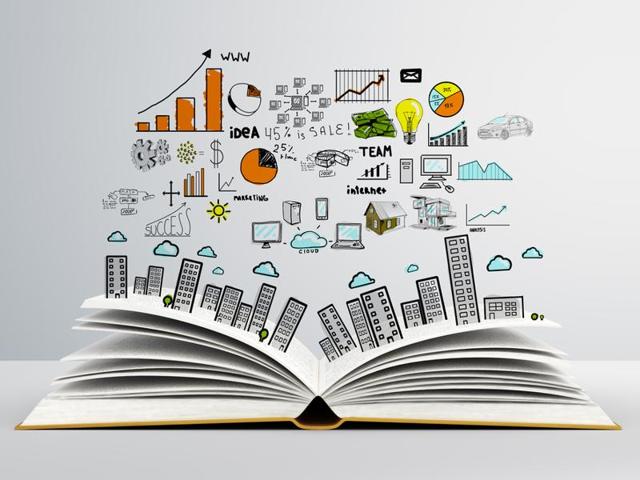
⚫Personal Growth:
Education empowers us with knowledge and skills that enable personal growth. It equips us to understand ourselves better, set goals, and work towards achieving them.
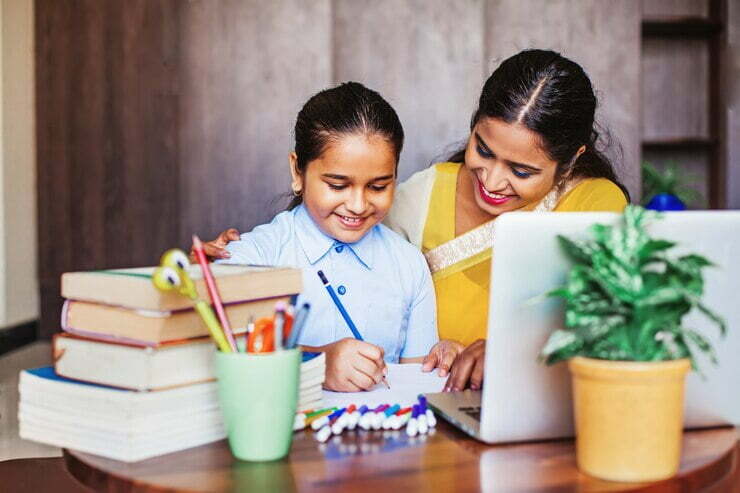
⚫Critical Thinking:
Through education, we develop the ability to think critically and solve problems. We learn to analyze situations, make rational decisions, and adapt to different circumstances.
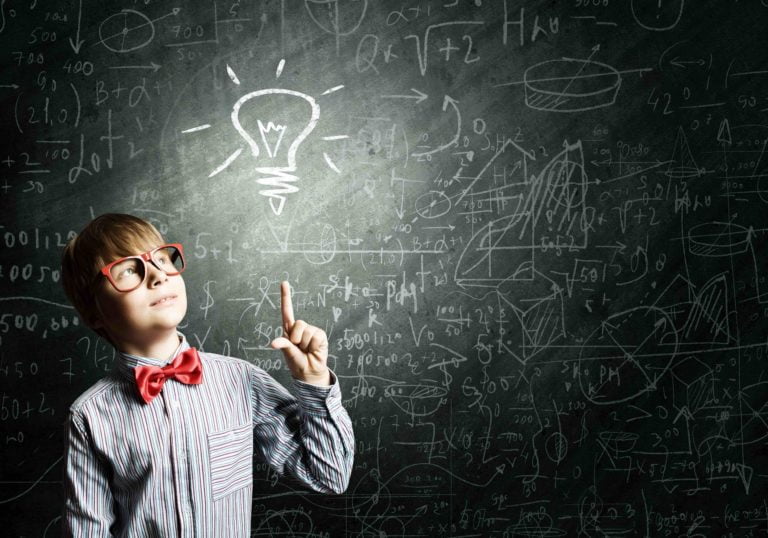
⚫Career Opportunities:
Education opens doors to diverse career opportunities. It provides us with the necessary qualifications and expertise needed to pursue our desired professions.
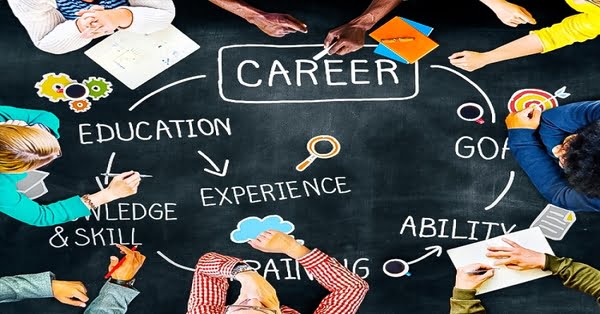
⚫Social Awareness:
Education broadens our horizons by exposing us to different cultures, perspectives, and ideas. This fosters social awareness, empathy, and understanding among individuals.
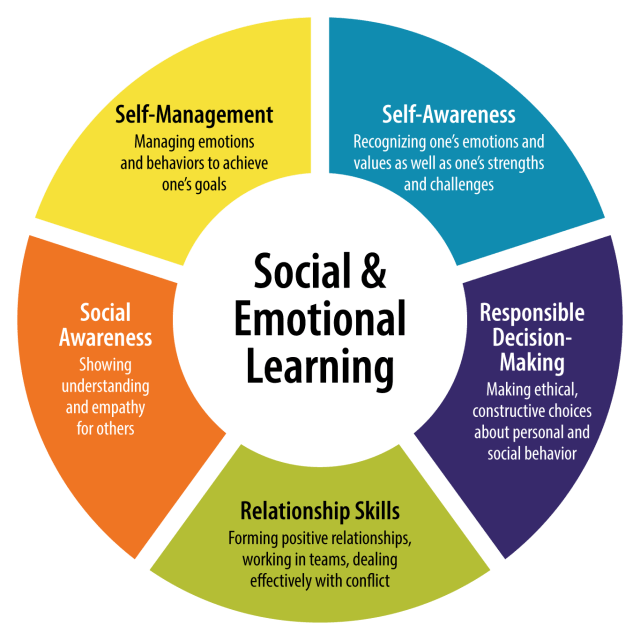
⚫Communication Skills:
Effective communication is essential in every aspect of life. Education helps us enhance our language and communication skills, enabling us to express ourselves clearly and interact with others confidently.

⚫Health and Well-being:
Education also contributes to our overall health and well-being. It raises awareness about healthy lifestyle choices, hygiene practices, and the importance of regular medical check-ups.

⚫Personal Relationships:
Effective communication and interpersonal skills are crucial in building strong relationships. Education hones these skills, enabling individuals to express themselves clearly, understand others better, and navigate conflicts more adeptly.

⚫Lifelong Learning:
The journey of education doesn’t end with formal schooling. Lifelong learning is essential for personal growth and adaptability in an ever-changing world. It keeps us intellectually curious and up-to-date with advancements in various fields.
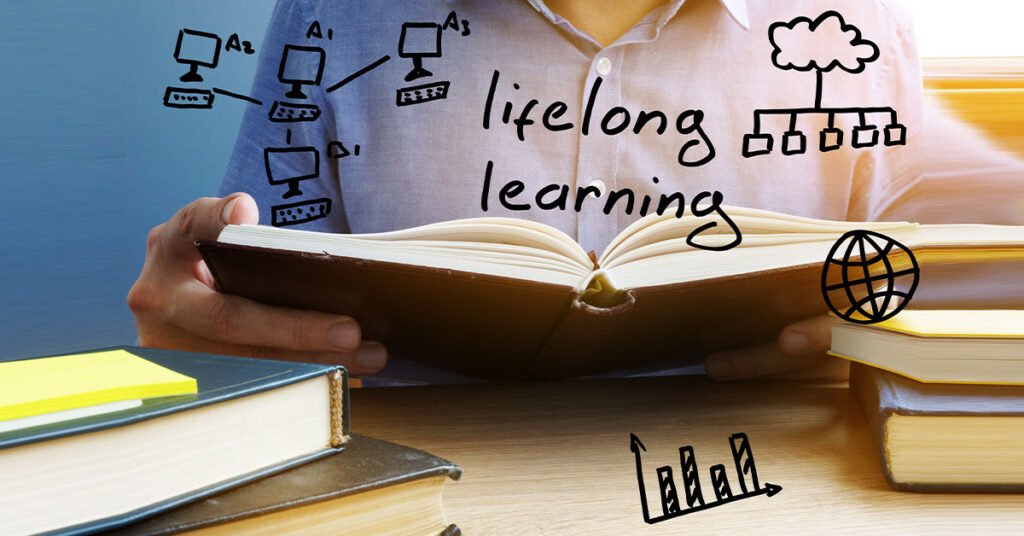
⚫Civic Engagement:
In democratic societies, an educated citizenry is essential for active civic participation. Educated individuals are more likely to vote, engage in public discourse, and contribute meaningfully to the political process.
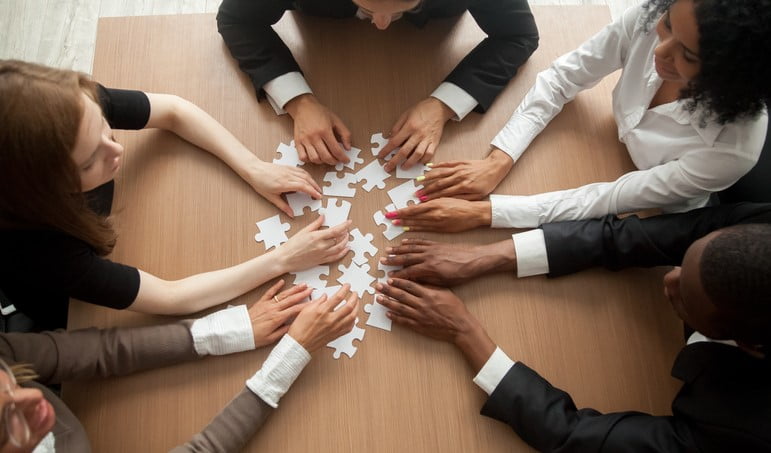
⚫Environmental Consciousness:
Education cultivates an appreciation for the environment and the need for sustainable practices. It equips individuals with the knowledge to understand the consequences of their actions on the planet and encourages responsible behaviors.
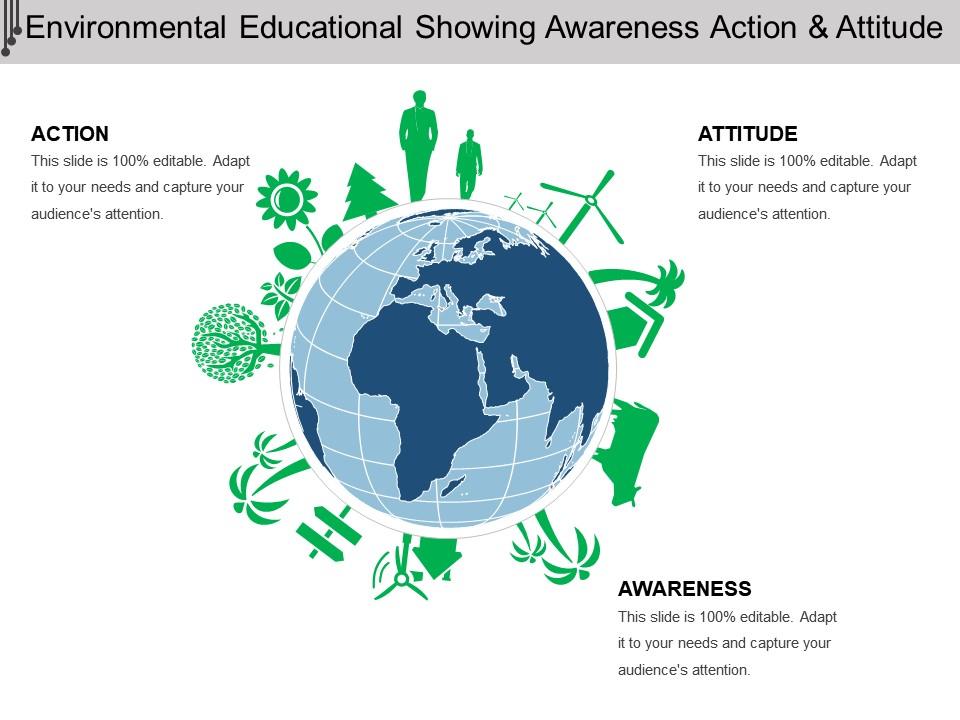
⚫Conclusion
In conclusion, education serves as a cornerstone for personal development, societal progress, and global advancement. Its impact reaches far beyond classroom walls, touching every aspect of our lives. By valuing and investing in education, we can collectively create a brighter and more prosperous future for ourselves and generations to come.
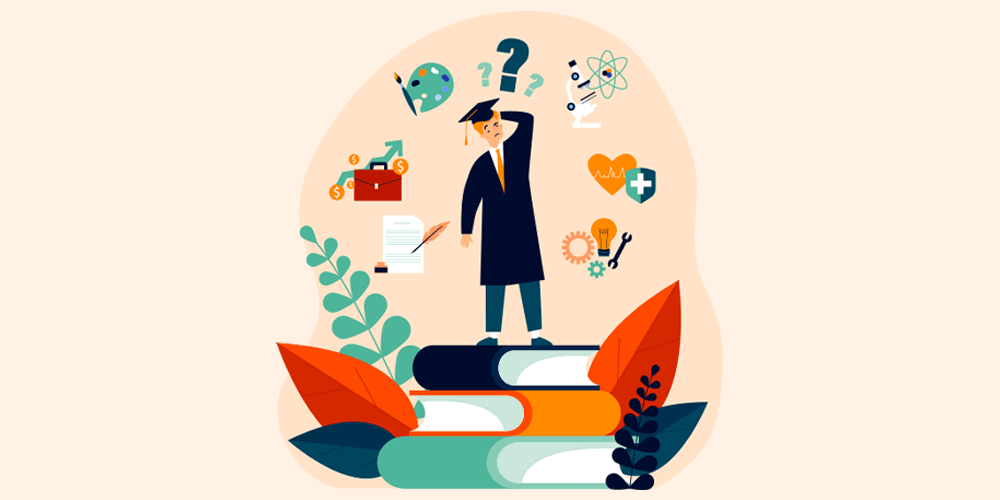
Also read:-<strong>The Vital Role of Physiotherapy in Healthcare</strong>
1 Comment
Pingback: Unmasking Common Health Myths: What's Fact and What's Fiction? - Zarsco Blogs🚀